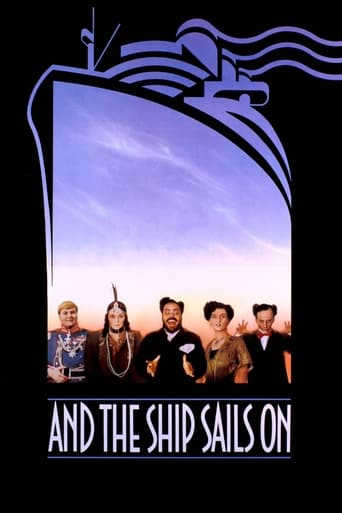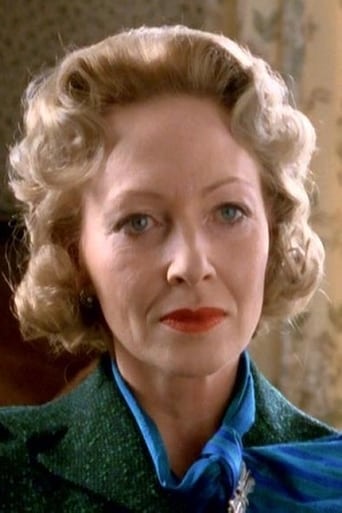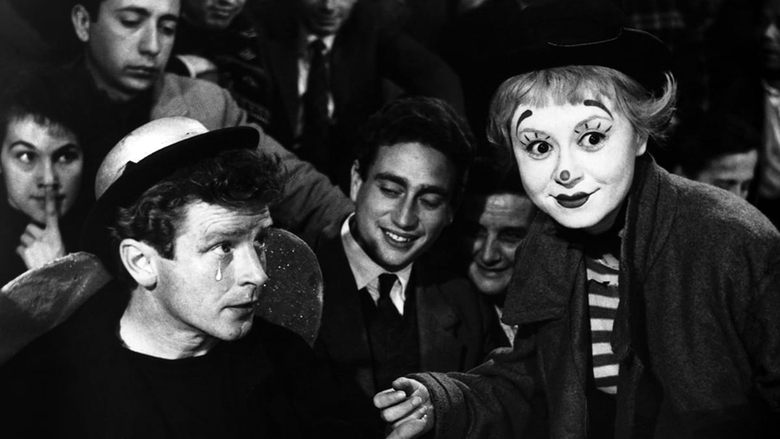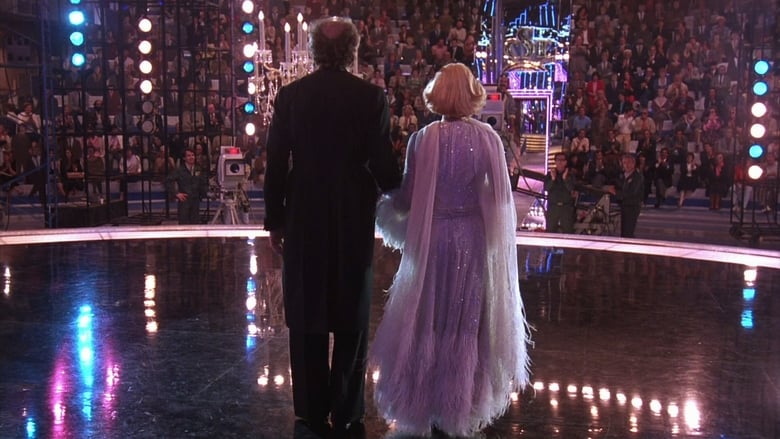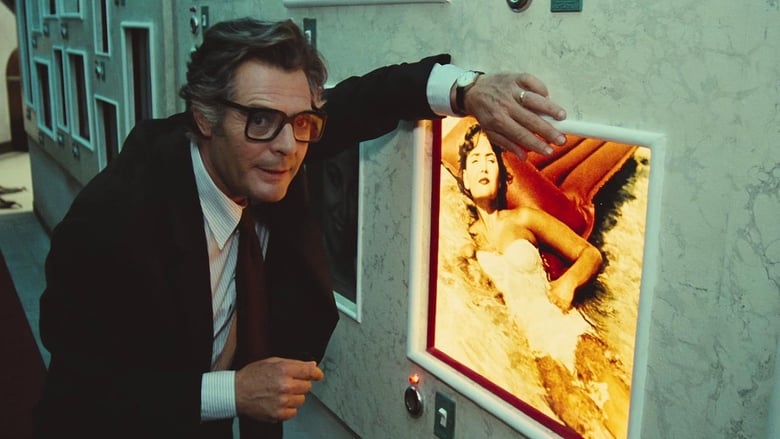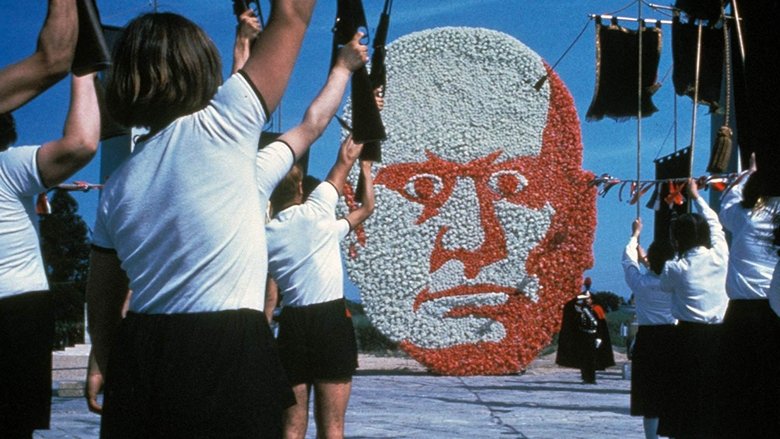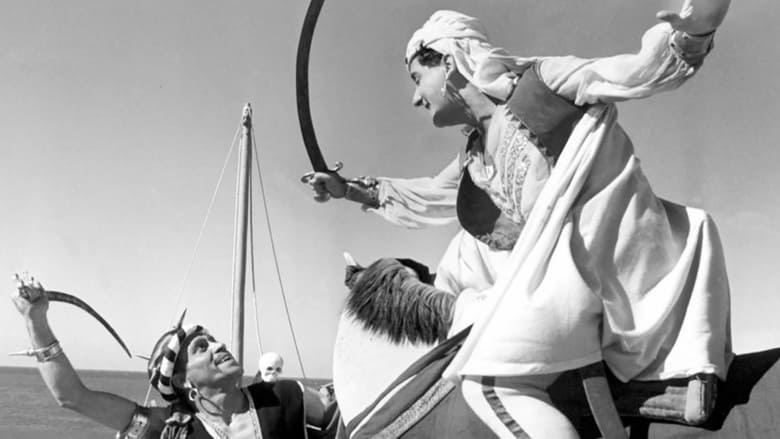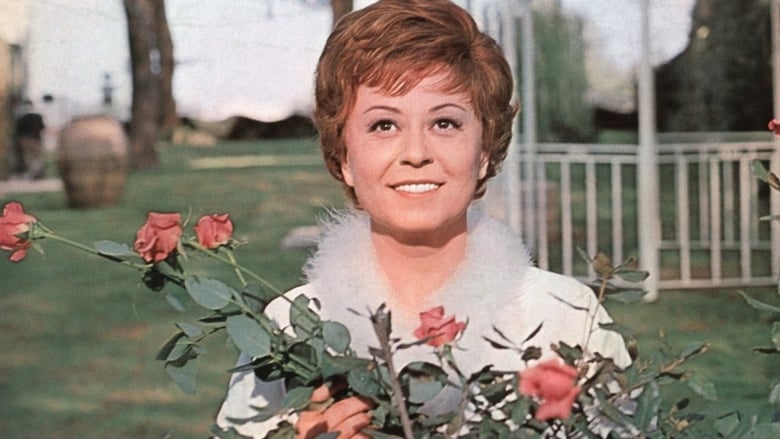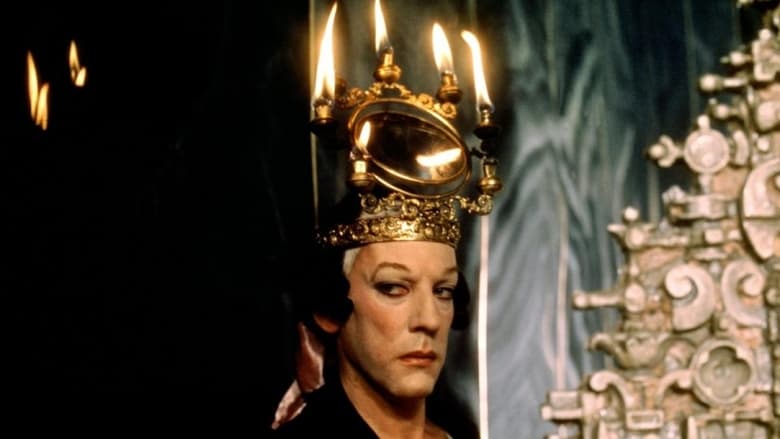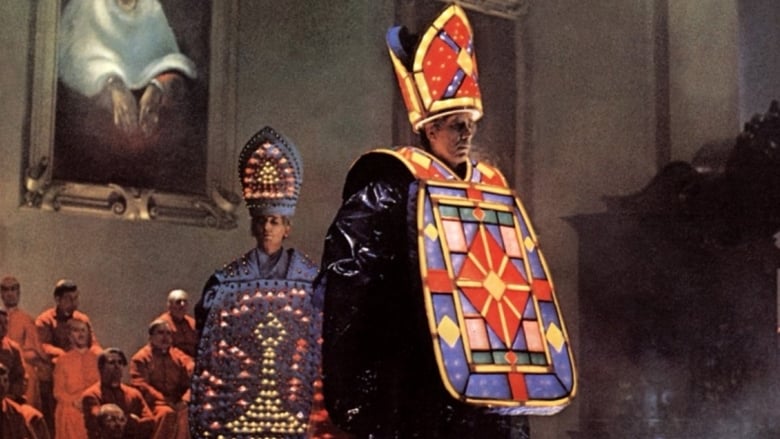In 1914, a cruise ship sets sail from Naples to spread the ashes of beloved opera singer Edmea Tetua near Erimo, the isle of her birth. During the voyage, the eclectic array of passengers discovers a group of Serbian refugees aboard the vessel. Peace and camaraderie abound until the ship is descended upon by an Austrian flagship. The Serbians are forced to board it, but naturally they resist, igniting a skirmish that ends in destruction.


Similar titles

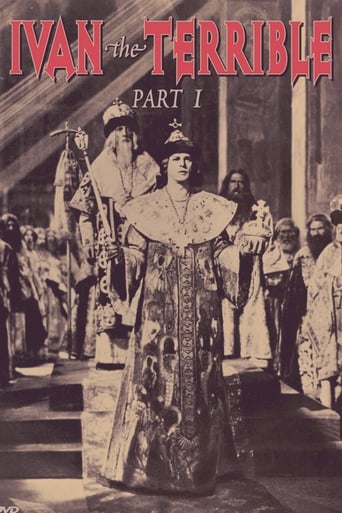
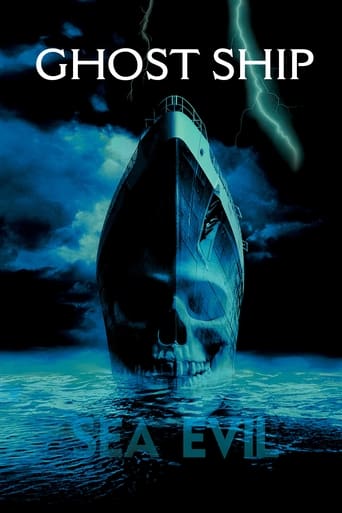
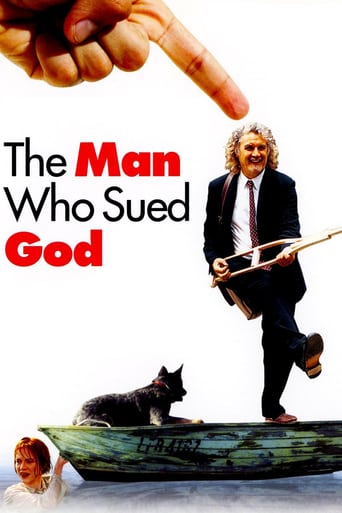
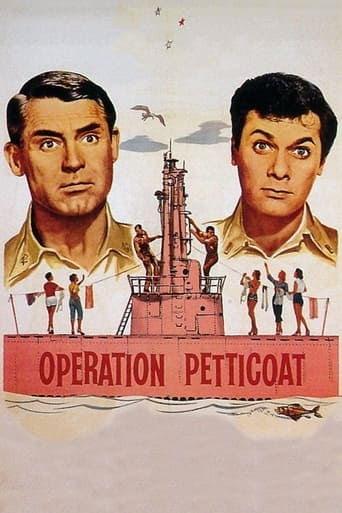
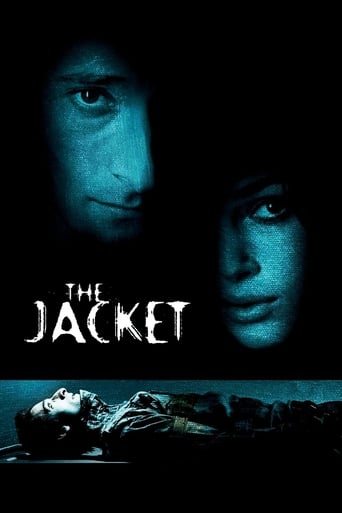

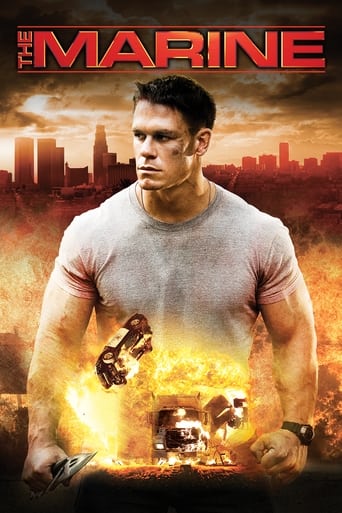
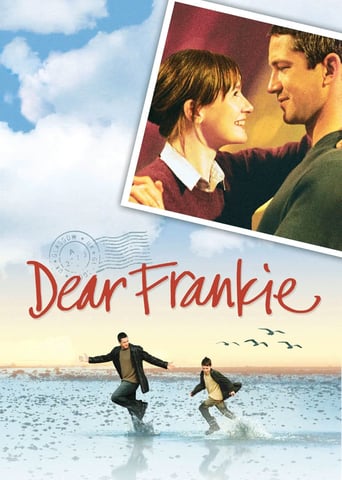

Reviews
"And the Ship Sails On" is perhaps the only post-"Amarcord" Fellini film truly worthy of extravagant praise. The film is Fellini through and through. No other director or writer could do anything that feels quite like this. A wonderful, surreal absurdity, the film features a diverse cast of bizarrely engaging characters (including a lovesick Rhinoceros). Always engaging, completely unique, and rather special, this film is probably among my favorite Fellini efforts. It's not perfect (Fellini is such an auteur that he has a sense of humor that few others can fully appreciate all the time, and sometimes it's a little trying), but it's an excellent movie.8/10
That's totally true, Adam. Fellini says in few minutes what directors and writers wanted (do they really want?...) to say in many ignorant movies, like Spielberg's or Cameron's movies. Pay attention that "ignorant" is not an injury, it's simply an adjective for those kind of movies that just don't promote the intellect. But, hey, we are talking about show business, not "art business" or "show art", but "show" and "business". But I really think it's a waste of time to do a movie just for people laugh or cry and do it mentally ill. So then it's not correct to call people like Spielberg and CIA. as "artists", because they have the same job as the magicians in children parties. Fellini is an artist, he makes real art, not just for making businesses or a great stupid show to people be delighted with the illusion of the happy endings.
There is no mistaking a Fellini film, even when you only catch the last 30 minutes, as I did when channel surfing. I made an effort to catch the full film next time it was shown, and was rewarded with a stunning feast. Not one of Fellini's best (or worst excesses) depending on your opinion of Fellini, but images that will stay with me for many years. Like Ken Russell, Fellini can always be depended on to go way over the top and never do anything by halves.The story of a group of rich aristocrats, opera singers, hangers on and just plain rich accompanying the body of a great opera singer to her cremation on the island of her birth in 1914, is shown in Fellini's stylised fashion as an allegory on the decline of Europe in WWI. The opulent excess of the doomed rich lifestyle, which no matter how hard they tried, was never regained, contrasts with the workers slaving in order to enable the rich to enjoy that elegant privileged lifestyle. The scene where the passengers tour the boiler rooms, standing on a cat walk to look down on the stokers shovelling coal into the boilers and trilling arias while the stokers took off their caps to show respect, made me hope the catwalk would collapse and plunge the passengers into the furnace.The stylistic storytelling reminded me of "Oh what a lovely War" Joan Littlewood's depiction of WWI as a series of songs and dances by a seaside concert party. If you want reality, you can look out of the window every day and see reality. Sometimes a surrealist view puts a different window on things. The stupendous finale of the movie is enough to make the film worthwhile if nothing else.
When younger, I was a Fellini obsessive - I adored the excess, the humour, the grotesquerie, the sympathetic comedie humaine, the audacious visuals, the beautiful, sad, lonely Marcello Mastroianni. For some reason I hadn't seen one of his pictures for a while, and while his astounding images remained inviolable in my mind's private cinema, the gradual, repeated decline of his critical status made me tread fearfully into this nautical drama.It is clearly his worst film. It always threatens to break into a frenzied dance of the Id, like his best pictures, but never quite does. The acting is generally poor, the dubbing atrocious; the ideas seem to cancel each other out in an aimless mess. Fellini's style is more restrained than usual, with a greater, seemingly restricted, emphasis on content composition and montage. It is clearly the work of a jaded Maestro.And yet it contains more life, wit and magic than most films this year, and, needless to say, it is less silly than Titanic. The story (a group of mourners carrying the body of a celebrated opera singer on a huge liner as World War I breaks out) is open to many allegorical interpretations (ship as nation, empire, class, art, life etc.), none of which quite fit. There is much play on images of moon (Claire de lune tinkles throughout), tides and sunsets - possibly as motifs of decline, but also of the ever-continuing circle that is its opposite, life?The film's tone is ambivalent, nostalgic for an elegant age of art and beauty, yet coldly aware of its inhuman faults. This is epitomised by the trademark Fellini altar ego, a journalist/film narrator, who watches the mixture of tragedy and farce with an amused eye, yet desperately wants to belong, and share in its faded grandeur.There are wonderful set-pieces, and graceful, Kubrickian camera movements. The narrative and characterisation is constantly splintered, mocking the desire of the passengers for order and rank. Imperial folly is angrily lampooned, culminating in a remarkable burlesque dogfight, stylised as a Verdi opera, yielding, in impotent terror, the Force of Destiny.The classical music soundtrack initially seems bland and uninventive, but actually offers, once identified, a stunning, ironic commentary on the actions, pretensions, sadnesses and failures of the characters and the society they represent. The party scene with the Serbs is very moving - loaded with the mixture of anger and regret that constitute the film's heart.The self-reflexivity does not patronise the audience for giving into illusion - the film's 'reality' is in question from the beginning. Film is shown not to be a modern weapon of the future (cinema as an art-form emerged at around the same time as the film was set), but merely a skip for the bricolage of Europe and the past. This pessimism, though, is not despairing - there is great beauty in loss.
